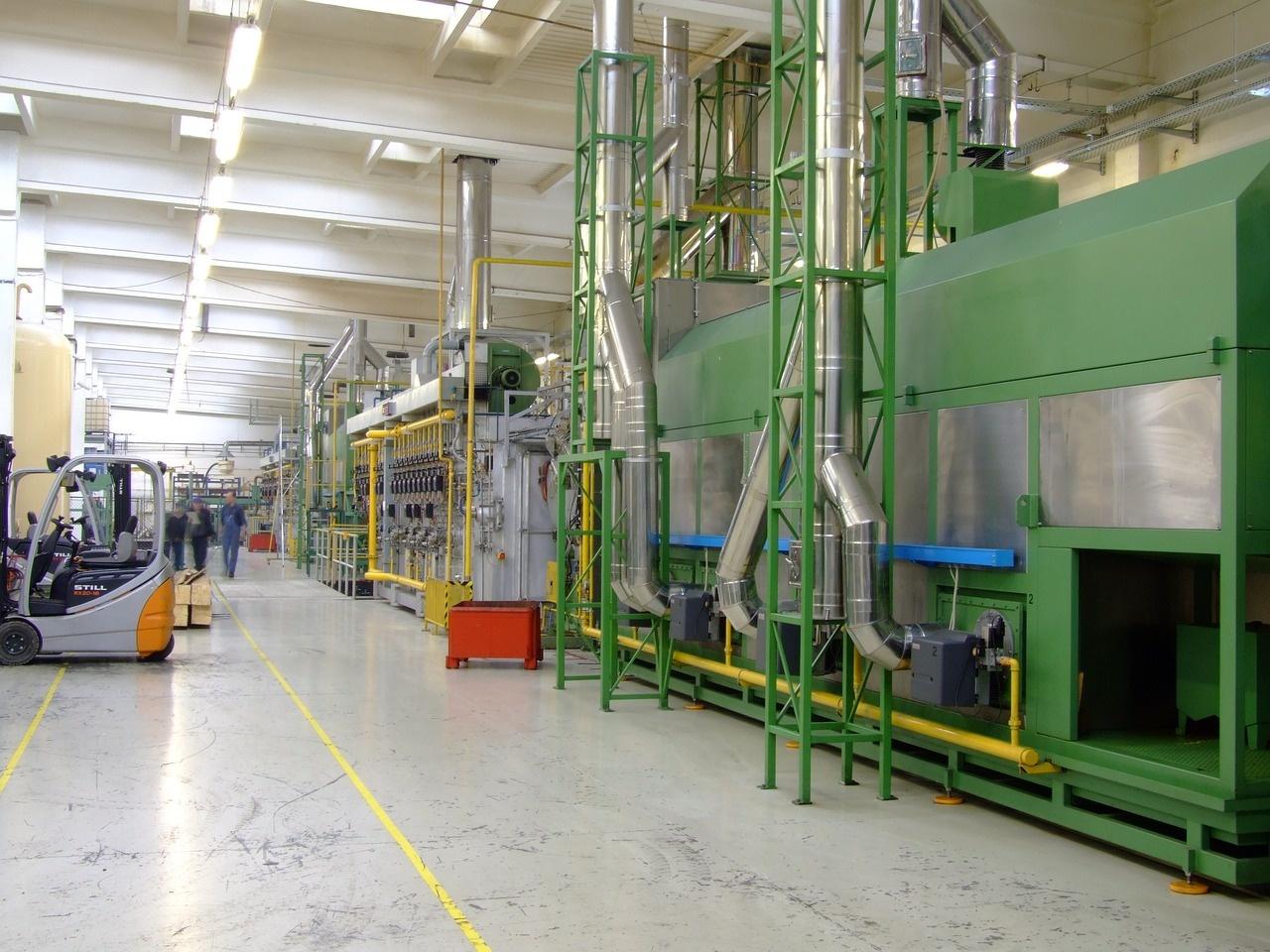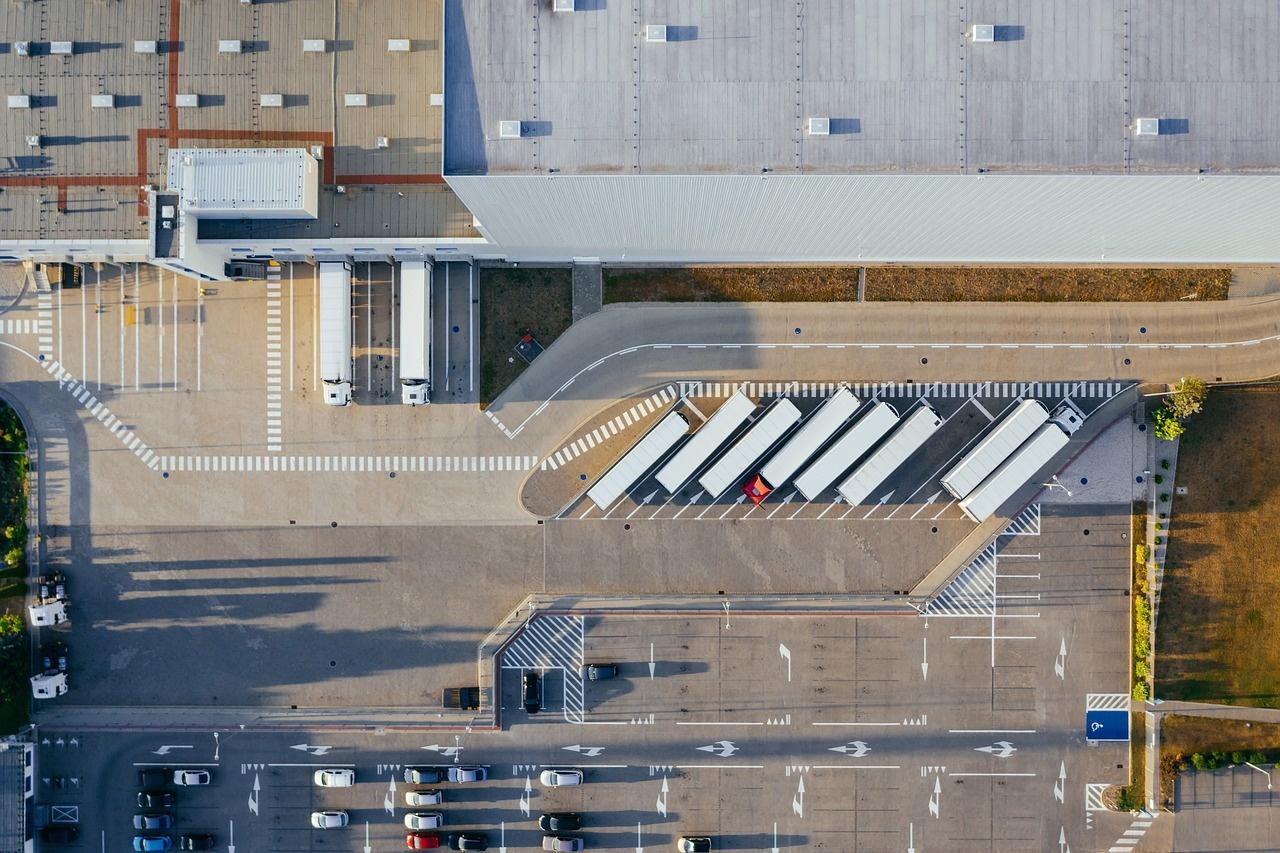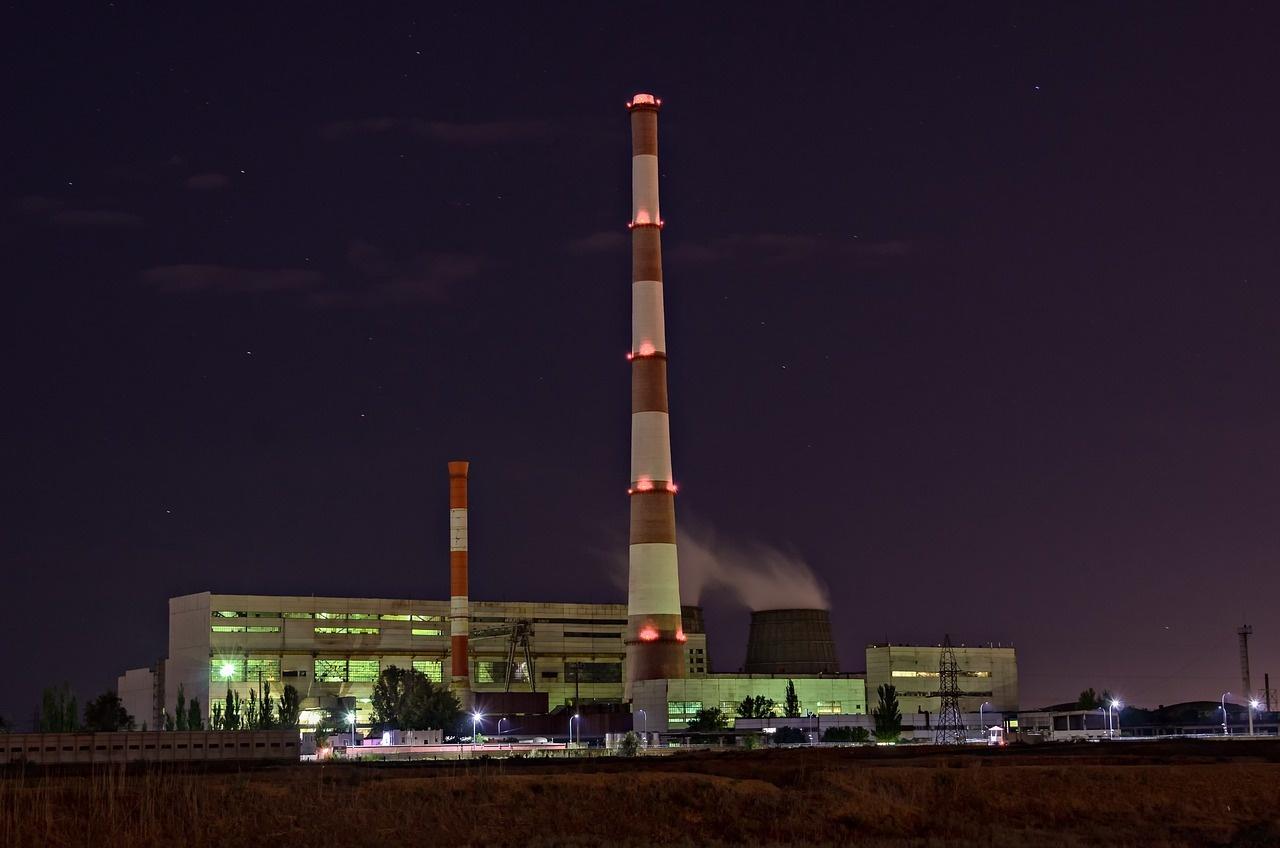Industrial waste
Skelv offers end-to-end services for retail chains and manufacturing plants. These services cover collecting (transporting and managing) almost any type of waste. Because our business partners are with local waste collectors, transport companies, processing plants (recyclers) or waste disposal facilities, we are able to offer optimum collection conditions.
Industrial waste is a side effect of manufacturing processes and can be found in many different industries. Such waste is generated in manufacturing plants, at construction sites, factories, but also warehouses, auto repair shops or medical care facilities. It is classified in two groups. One of them is solid waste (cardboard and paper, scrap metal, wood, plastic packaging). The other includes waste in liquid form – water used in installations, oils and petroleum substances, sludge as well as paints and varnishes. Considering their impact on the environment, some of this wate is also classified as hazardous waste.
Below is a list of selected waste that we collect.
| 02 01 01 | Sludges from washing and cleaning |
| 02 01 02 | Animal-tissue waste |
| 02 01 03 | Plant-tissue waste |
| 02 02 01 | Sludges from washing and cleaning of materials |
| 02 02 02 | Waste animal tissue |
| 02 02 03 | Materials unsuitable for consumption or processing |
| 02 02 04 | Sludge from on-site wastewater treatment plants |
| 02 03 01 | Sludges from washing, cleaning, peeling, centrifuging and separation of materials |
| 02 03 02 | Waste from preserving agents |
| 02 03 03 | Wastes from solvent extraction |
| 02 03 04 | Materials unsuitable for consumption or processing |
| 02 03 05 | Sludge from on-site wastewater treatment plants |
| 02 03 80 | Grape, sediment and other waste from the processing of plant products (except 02 03 81) |
| 02 03 81 | Wastes from production of animal feed plant |
| 02 03 82 | Tobacco waste |
| 02 03 99 | Waste not otherwise specified |
| 03 03 07 | Mechanically separated rejects from pulping of waste paper and cardboard |
| 03 03 08 | Wastes from sorting of paper and cardboard destined for recycling |
| 03 03 09 | Limestone mud waste |
| 03 03 10 | Fibre rejects, fibre-, filler- and coating sludges from mechanical separation |
| 03 03 11 | Sludges from on-site effluent treatment other than those mentioned in 03 03 10 |
| 07 02 13 | Waste plastics |
| 07 02 17 | Wastes containing silicones other than those mentioned in 07 02 16 |
| 07 02 80 | Wastes from the rubber industry and rubber production |
| 15 01 01 | Paper and cardboard packaging |
| 15 01 02 | Plastic packaging |
| 15 01 03 | Wooden packaging |
| 15 01 04 | Metallic packaging |
| 15 01 05 | Composite packaging |
| 15 01 06 | Mixed packaging |
| 15 01 07 | Glass packaging |
| 15 01 99 | Textile packaging |
| 15 02 03 | Absorbents, filter materials, wiping cloths (such as rags, cloths) and protective clothing other than those mentioned in 15 02 02 |
| 16 03 04 | Inorganic waste other than those mentioned in 16 03 03, 16 03 80 |
| 16 03 06 | Organic waste other than those mentioned in 16 03 05, 16 03 80 |
| 16 03 80 | Food products expired or unsuitable for human consumption |
| 16 06 04 | Alkaline batteries (except 16 06 03) |
| 17 02 01 | Wood |
| 17 02 02 | Glass |
| 17 02 03 | Plastics |
| 17 04 01 | Copper, bronze, brass |
| 17 04 02 | Aluminium |
| 17 04 05 | Iron and steel |
| 17 04 07 | Mixed metals |
| 17 05 04 | Soil and earth, including stones, other than those mentioned in 17 05 03 |
| 17 06 04 | Insulating materials other than those mentioned in 17 06 01 and 17 06 03 |
| 18 01 09 | Medicines other than those mentioned in 18 01 08 |
| 19 05 03 | Off-specification compost |
| 19 08 05 | Sludges from treatment of urban waste water |
| 19 12 01 | Paper and cardboard |
| 19 12 02 | Ferrous metals |
| 19 12 03 | Non-ferrous metals |
| 19 12 04 | Plastics and rubber |
| 19 12 05 | Glass |
| 19 12 07 | Wood other than that mentioned in 19 12 06 |
| 19 12 08 | Textiles |
| 19 12 29 | Minerals (such as sand, stones) |
| 19 12 10 | Combustible waste (refuse derived fuel) |




